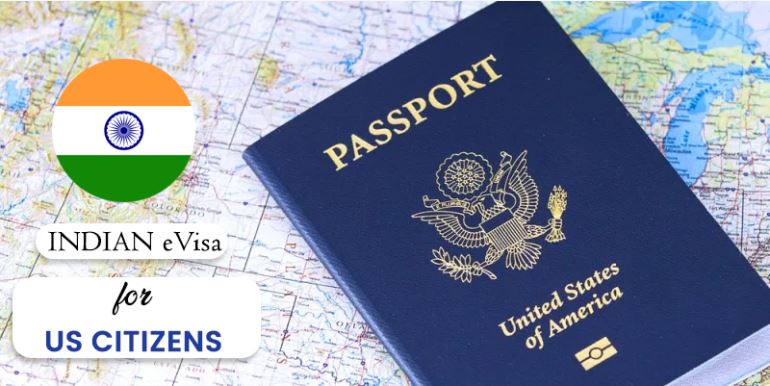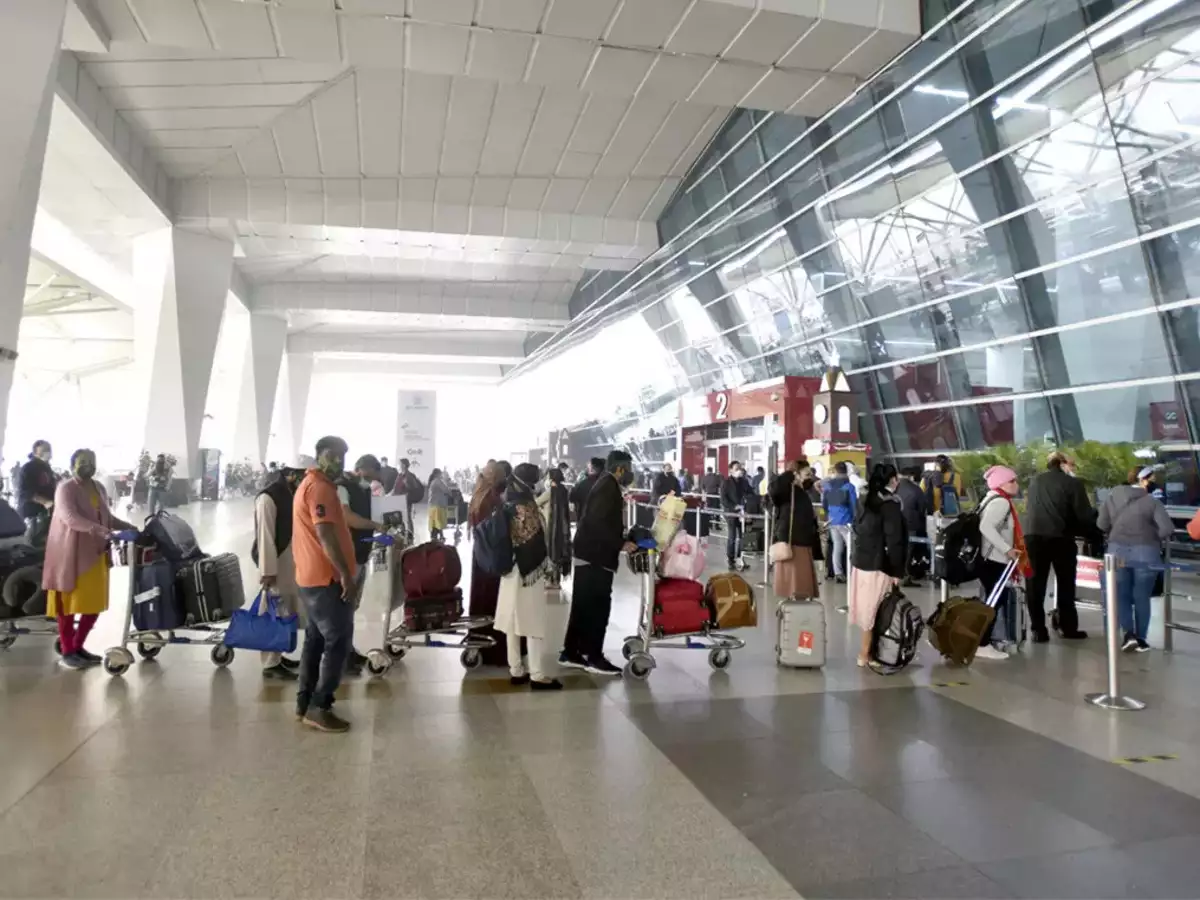In this article, you’ll find all the information you need to know about Indian visa photo requirements and Indian visa document requirements.
Indian Visa Photo Requirements
If you are planning to visit India, it is important to be aware of the visa requirements that apply to visitors from certain countries. If you are a citizen of one of the following countries, you will need a valid visa: Afghanistan, Albania, Algeria, Armenia, Azerbaijan, Bahrain, Bangladesh, Belarus, Benin, Botswana, Burkina Faso, Burundi, Cambodia , Cameroon , Cape Verde , Central African Republic Chad , Comoros Congo , Democratic Republic of the Congo Djibouti , Egypt El Salvador Equatorial Guinea Eritrea Ethiopia Fiji Finland France Gabon Gambia Georgia Germany Ghana Guatemala Guinea Guinea-Bissau Guyana Haiti Honduras Hungary Iceland India Indonesia Iran Iraq Ireland Israel Italy Ivory Coast Japan Jordan Kazakhstan Kenya Kiribati Kuwait Kyrgyzstan Laos Latvia Lebanon Lesotho Liberia Libya Madagascar Malawi Malaysia Maldives Mali Malta Marshall Islands Mauritania Mauritius Mexico Micronesia Moldova Monaco Mongolia Montenegro Morocco Mozambique Myanmar Namibia Nepal Netherlands New Zealand Nicaragua Niger Nigeria Niue Oman Pakistan Palau Palestine Panama Papua New Guinea Paraguay Peru Philippines Pitcairn Poland Portugal Qatar Romania Russia Rwanda Saint Kitts and Nevis Saint Lucia Sao Tome and Principe Saudi Arabia Senegal Serbia Seychelles Sierra Leone Singapore Slovakia Slovenia Solomon Islands Somalia South Africa Spain Sri Lanka Sudan Suriname Swaziland Sweden Switzerland Syria Taiwan Tajikistan Tanzania Thailand Timor-Leste Togo Tonga Trinidad and Tobago Tunisia Turkey Turkmenistan Tuvalu Uganda. INDIAN VISA PHOTO REQUIREMENTS
The Three Types of Indian Visa Photos
The Indian visa photo requirements are relatively straightforward – you will need to provide a passport-style photograph that meets the requirements of the Indian embassy or consulate where you are applying for your visa. The Indian visa document requirements vary depending on the type of visa you are applying for, but in general, you will need to provide photocopies of your passport pages, entry visas (if applicable), and proof of residence (such as a lease, rental agreement, or bank statement).
Which Photo is Right for You?
For those of you who are planning on traveling to India, it is important to be aware of the photo requirements and visa document requirements. Below are the most common photo requirements for Indians:
- A passport-style photograph that measures 2 inches wide by 2 inches high;
- A recent passport-style photograph that measures 3 inches wide by 2 inches high;
- A computer-generated photograph (CGP) that meets the following specifications: a resolution of at least 72 dpi, an aspect ratio of at least 1:1, and a file size not greater than 5 MB; or
- Two passport-style photographs that measure 2 inches wide by 2 inches high. INDIAN VISA DOCUMENT REQUIREMENTS
The most common visa document requirement for Indians is a valid passport with at least six months remaining validity. However, Indian citizens residing in Canada, Japan, Malaysia, New Zealand, Singapore, South Korea, United Arab Emirates and United States do not need a visa for visits up to 90 days. For more information on visa requirements for Indians travelling to specific countries, please visit the Indian embassy website or immigration bureau website in your respective country.
Making a Successful Indian Visa Application
If you are planning to visit India, then you will need to apply for a visa. The visa process can be a bit complicated, but with the help of these steps and tips, it can be made as smooth as possible. Here are some key things to keep in mind when applying for an Indian visa:
- Make sure that all of your documents are in order. You will need to provide proof of your identity, residence status in your home country, and enough funds to cover your stay in India.
- Be sure to have all of the required photo identification ready when you go to the embassy or consulate. Include a passport photo, driving license photo, or another form of validphoto ID.
- Bring plenty of copies of all of your documents with you to the embassy or consulate so that they may verify them. If there is any doubt about any of your documents, it is always a good idea to bring additional copies just in case they are needed for verification purposes.
- Do not rush through the visa application process! The longer it takes to get approved for a visa, the more difficult it may be to obtain one on short notice should you need it. Apply early and allow plenty of time for paperwork and processing time.
How to Make a Successful Indian Visa Application
If you are applying for an Indian visa, you will need to submit a photo and a document listing your travel dates. The photo should be 2 inches x 2 inches square. It must be taken against a white background and show only your face. The document listing your travel dates should be one page long and list the date of your trip, the place you will be visiting, and the length of your stay.
How to Get an Indian Visa Document?
If you are intending to visit India for tourism or business, you will need to obtain an Indian visa. The Indian visa requirements are contained in the Foreigners Act, 1971 and the Passport Act, 1967.
To obtain an Indian visa, you will first need to apply online through the Indian embassy or consulate of your country of residence. There is a fee associated with applying for a visa, and it can take up to four weeks for your application to be processed. After your application is processed, you will be required to submit an application form and two passport-sized photos. You will also be required to provide proof of sufficient funds to cover your stay in India, as well as a letter of invitation from a reputable individual or organization in India.
Once all of the necessary documents have been submitted, your visa will be issued and sent to you by mail. Make sure that you keep all of your documentation – including your visa – safe and secure until you are able to leave India and enter another country. If you are denied entry into India because you do not have an approved visa, you may be subject to additional charges and fines.


